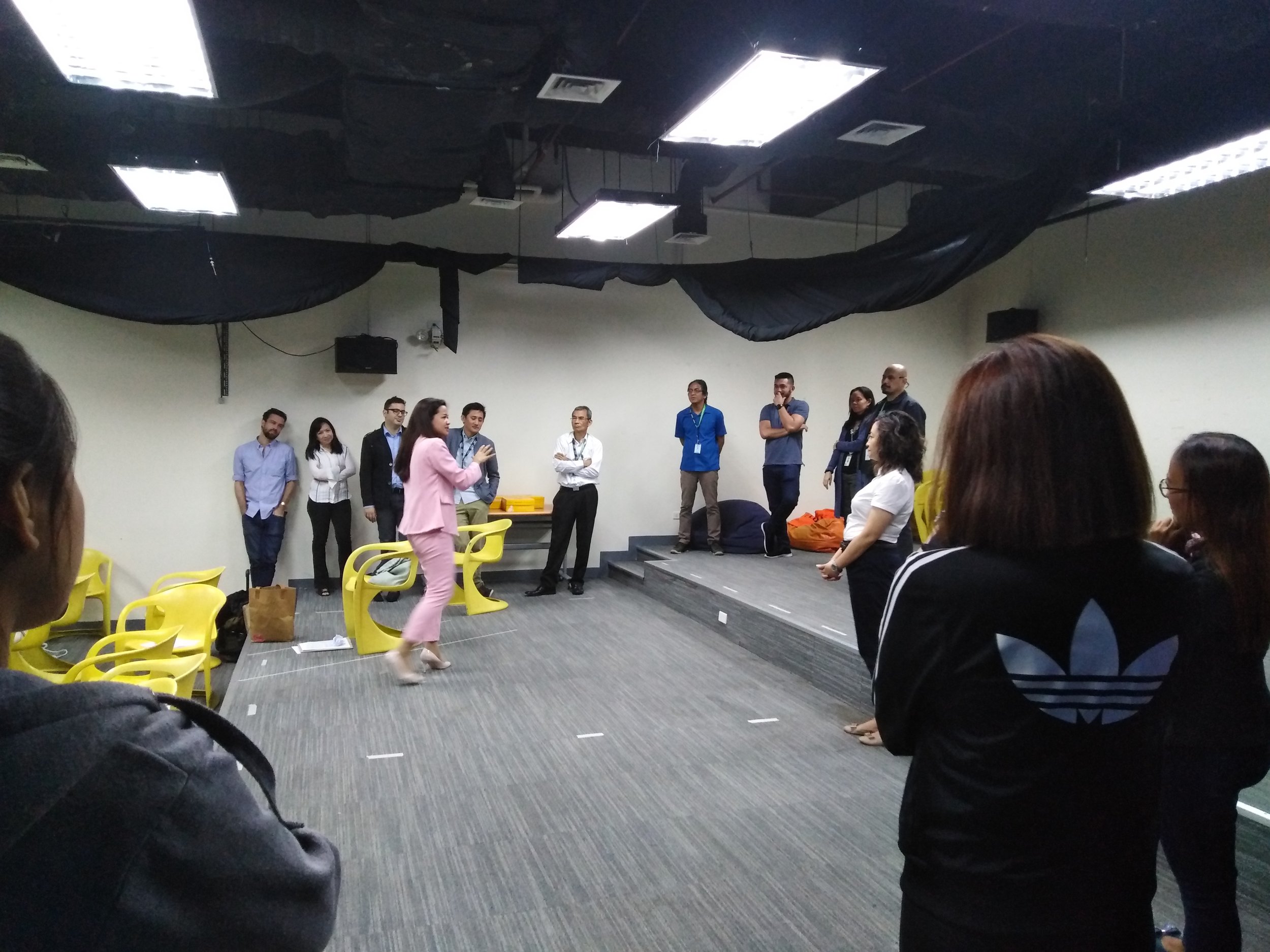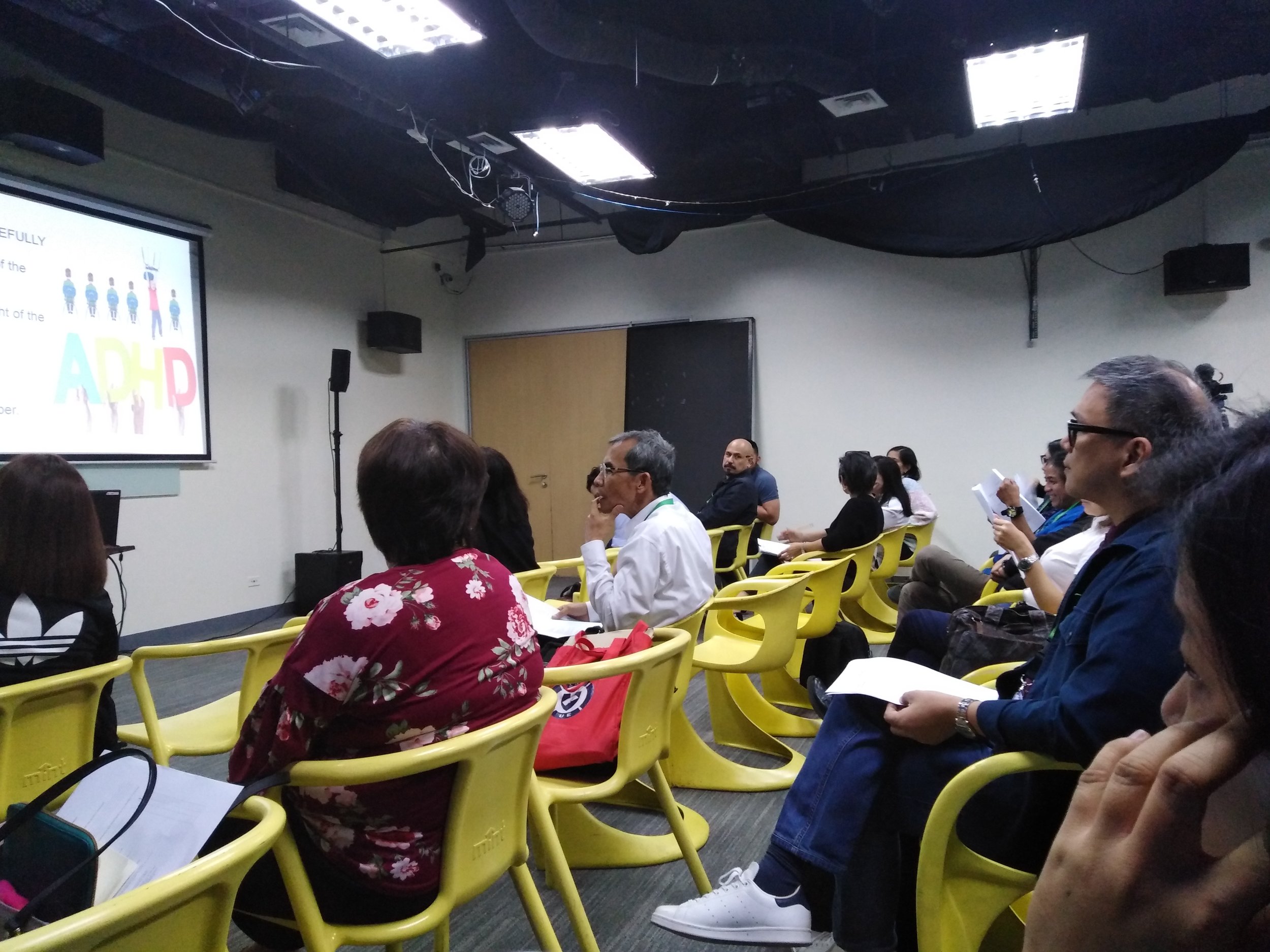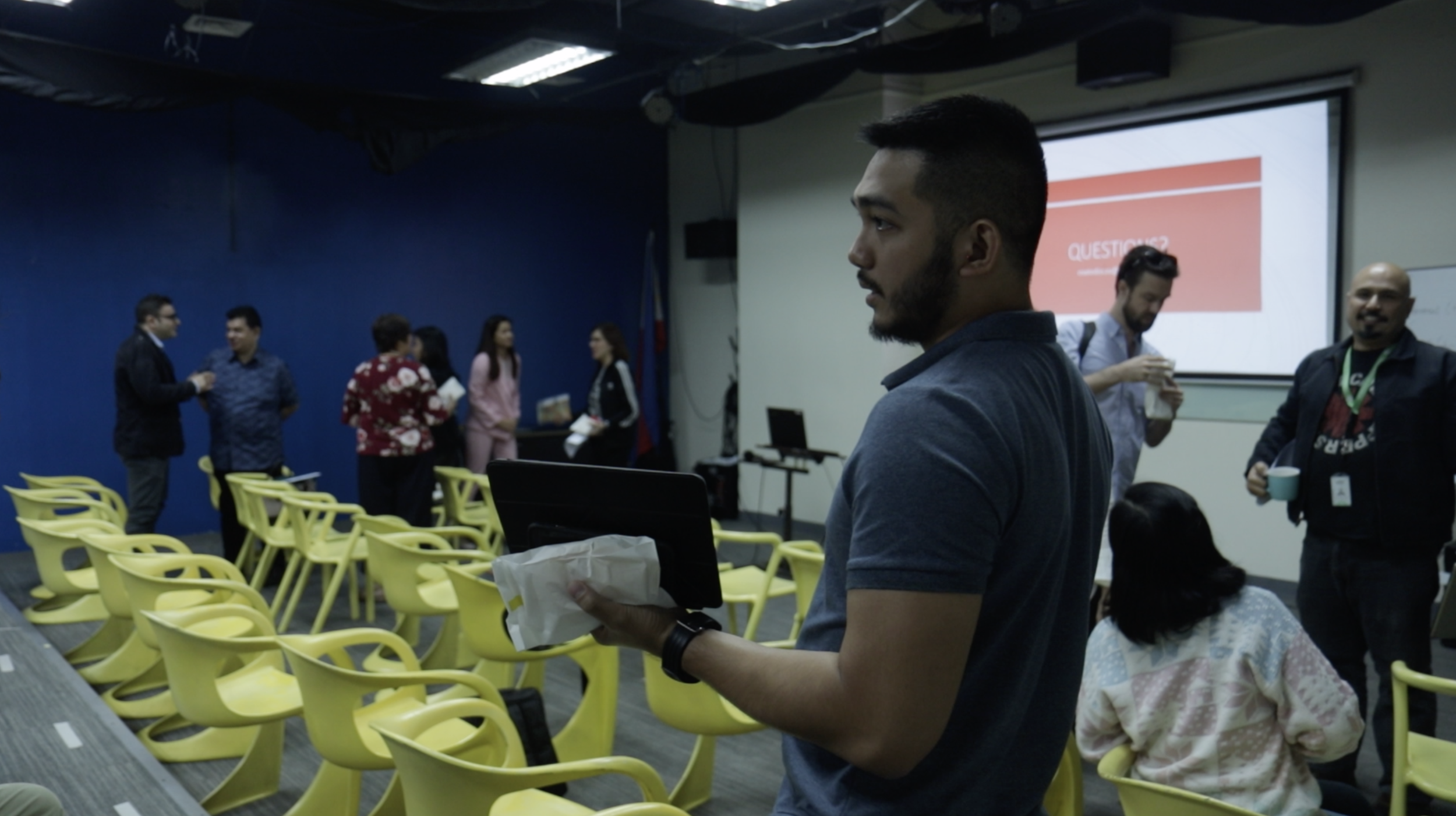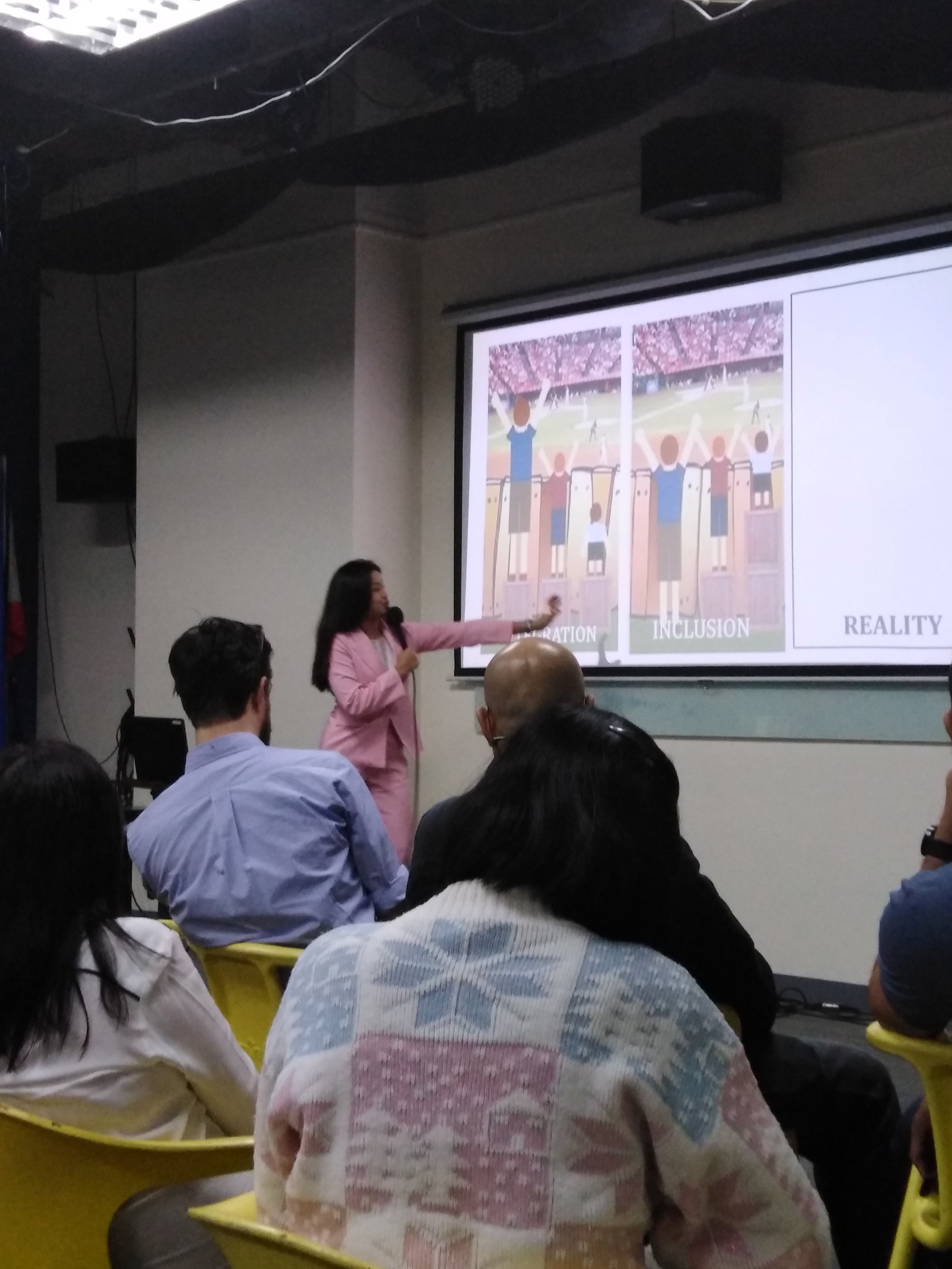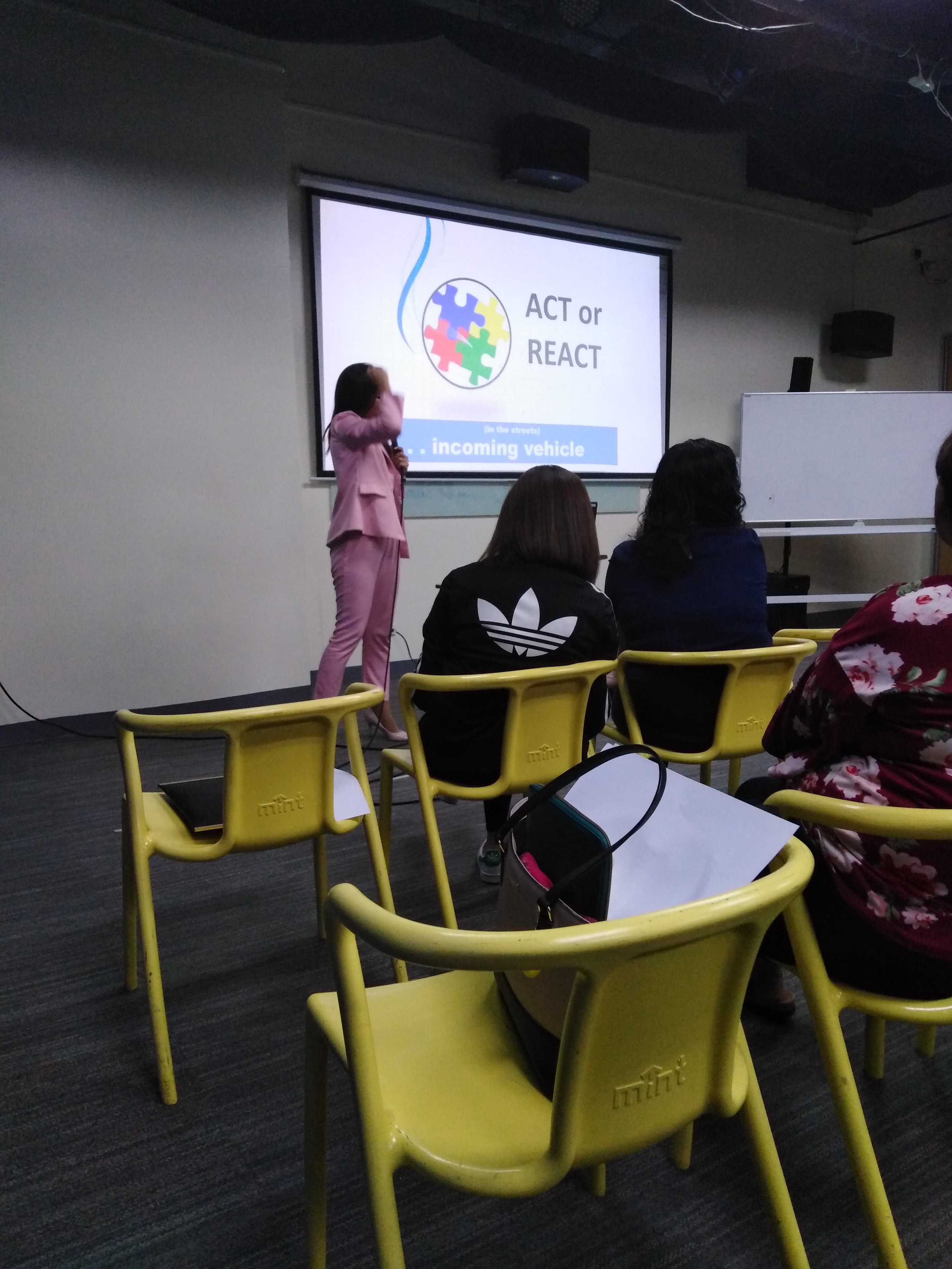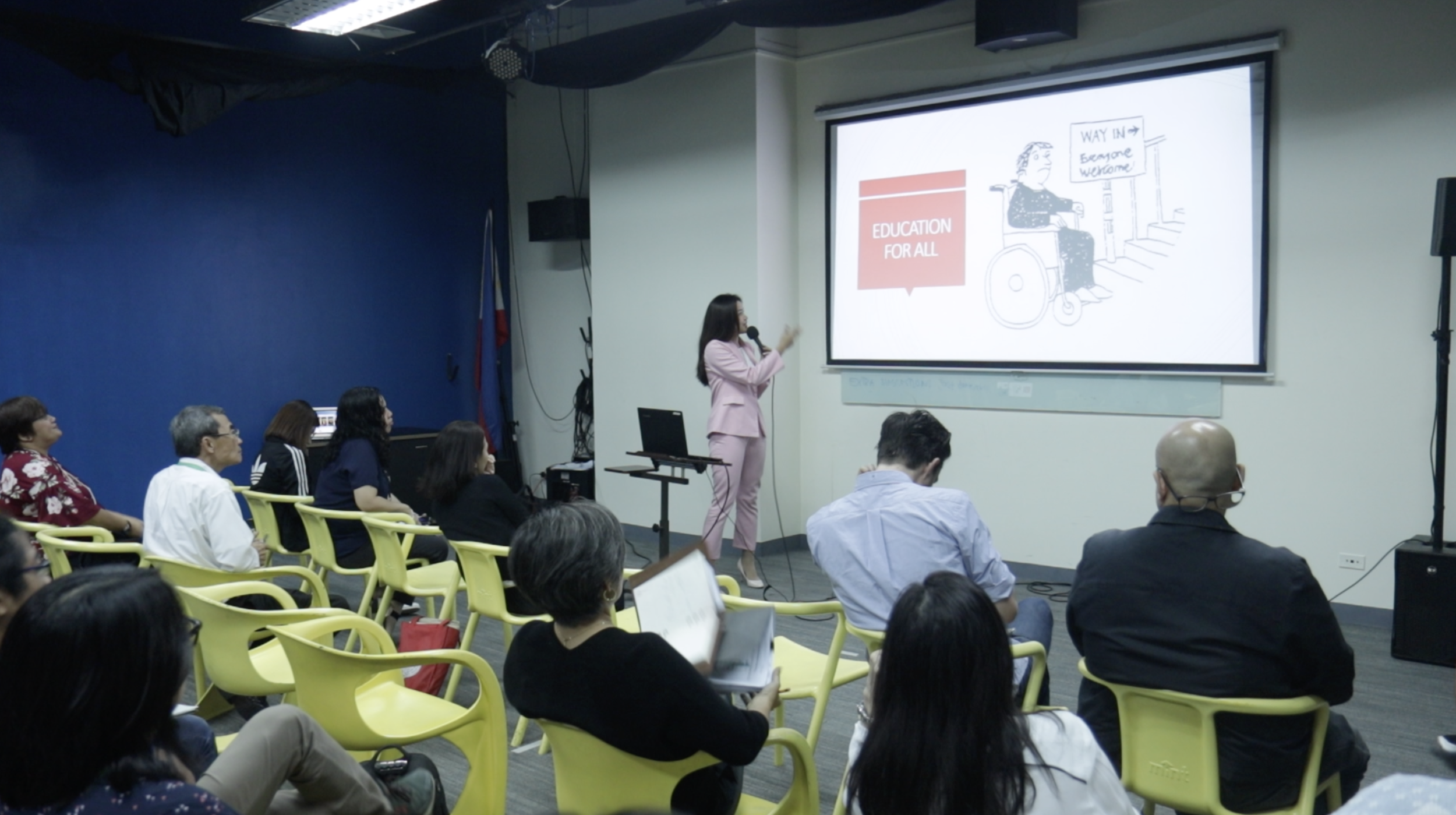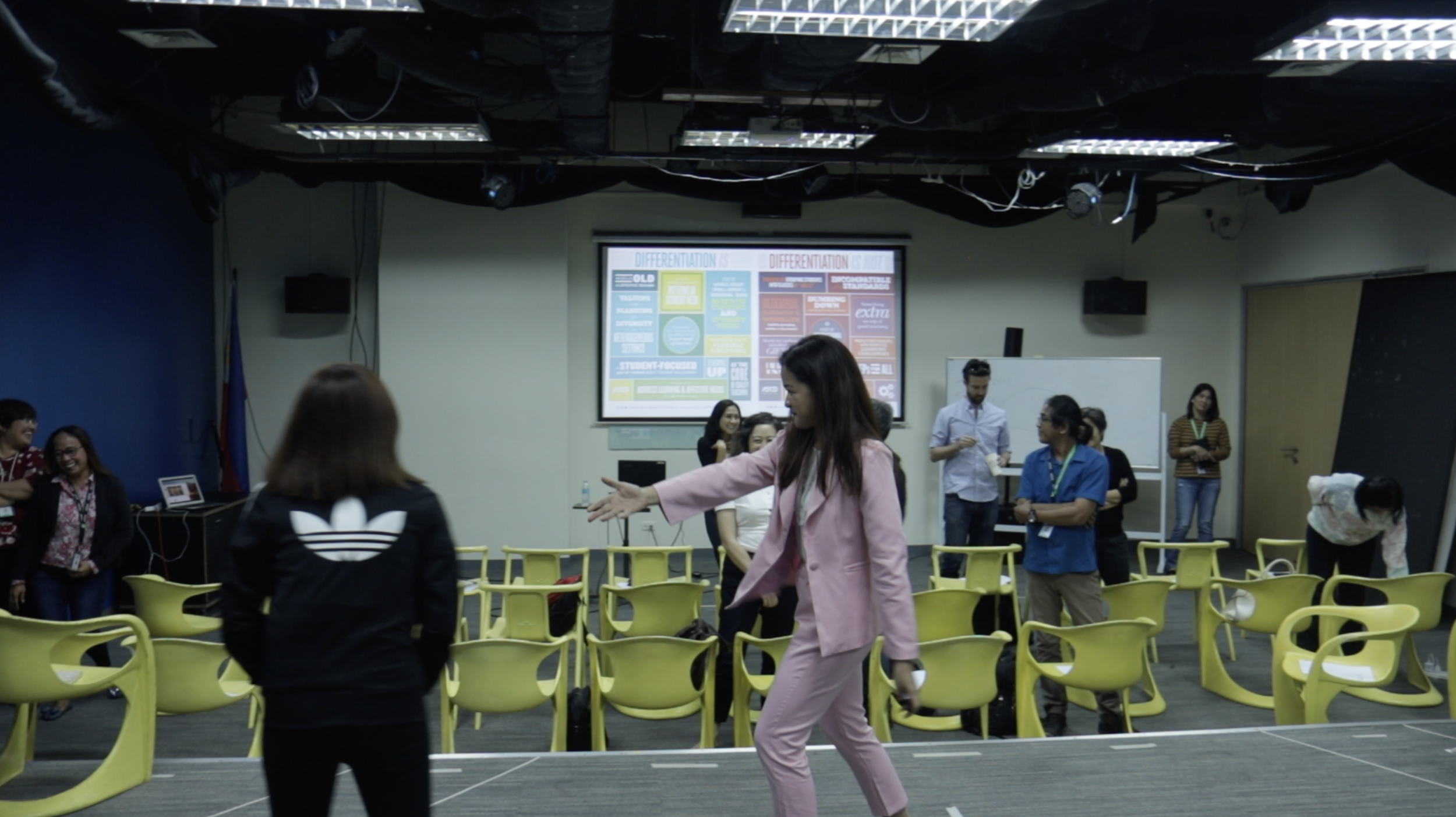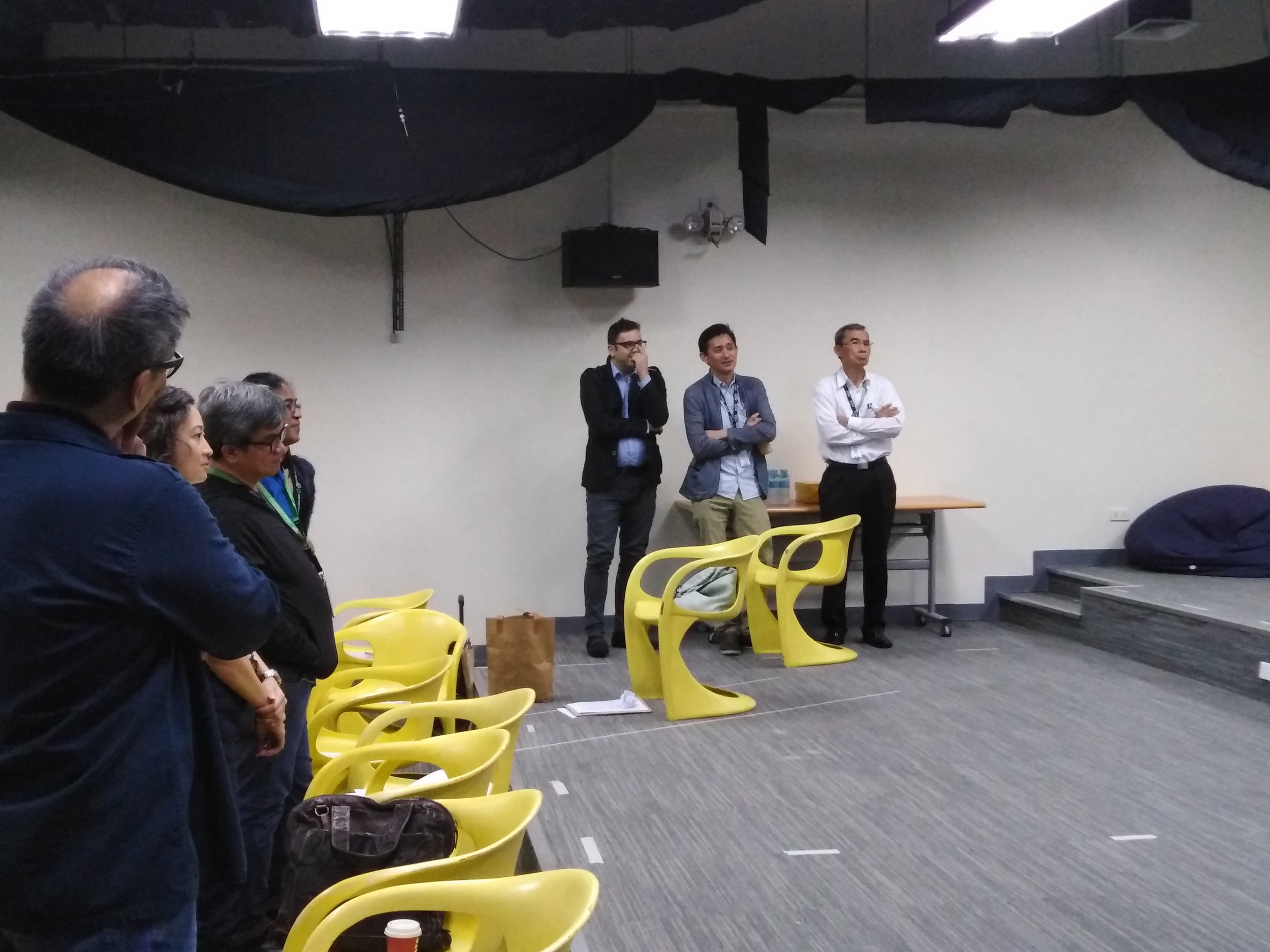It's an open secret that teachers are usually considered "second parents" by their students. Young people have spent a large chunk of their waking hours in school. This is why teachers have a crucial role in guiding them as much as their own parents.
With this in mind, last February 21, MINT's Guidance Office, led by Professor Ruth Garcia, conducted a seminar for the faculty to help them accommodate students who might have been diagnosed with clinical behavioral or learning problems.
The Special Education Faculty Development seminar was attended by all professors from different departments. They were guided by Professor Zhanina Custodio, PhD candidate for Special Education from the University of the Philippines, Diliman.
The event began with Custodio who conducted a simple activity wherein she posted a series of instructions to be followed by the MINT mentors thoroughly. They were given blank papers to use for the said activity.
For a few minutes, the teachers where engaged throughout the duration of the said activity, but Custodio eventually pointed out that in the last part of the instructions, they weren’t supposed to do anything on the paper. Through this, the speaker gave a first-hand glimpse to the participants of how these students usually function in the classroom.
”It’s not that the child wants to disobey you,” she explained. “It’s really just their frame of mind. You need to understand and realize this to become effective teachers to them too.”
The speaker also introduced the common clinical mental disorders that the teachers might encounter with their students. She suggested to have them record their classes everyday, which the guidance office will help to determine which students need extra help.
“At times, even the parents will try to question us as to why their kid is having a hard time connecting with the rest of the class,” she said. “It’s much better if we are ready with recorded factual evidence of their behavior, and they know we sought for professional guidance on how to handle such cases.”
In the latter part of the seminar, Custodio also taught the teachers some techniques on how can they make their classes accommodate their students who need special attention.
She shared practices like asking everyone in class how would they like to go about their discussions; having one-on-one private talk with students with clinical cases to better understand them; and lastly, try to always seek professional help in determining which students are in need of extra care.
“You should always keep an open mind to be able to connect with them,” she said. “Talk to them, ask them how they want to do things, and always provide them options to refocus their tendencies into something they could be productive at. We never know what potential they can have despite their troubles.“ W


